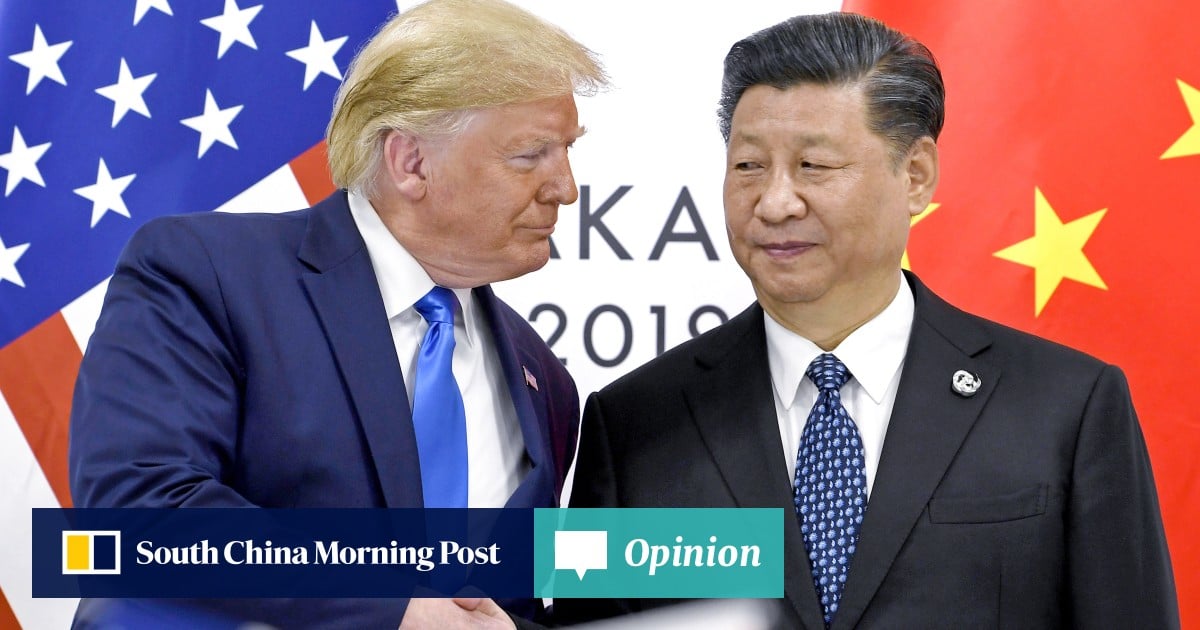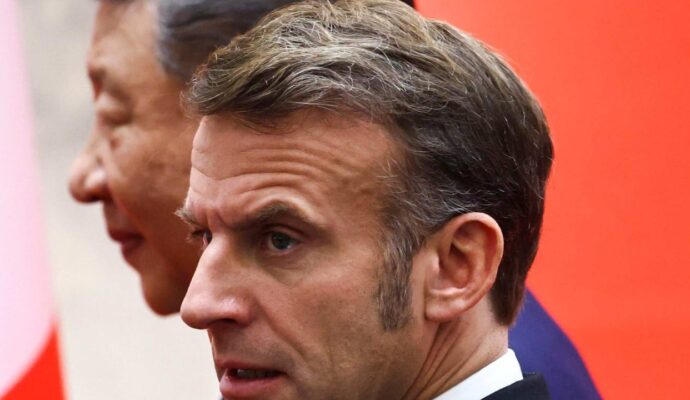
Convergence theory has long been a Western fantasy in conquering the world with liberal democratic values. It proposes that societies, especially as they industrialise, tend to become more alike in various aspects of social organisation, including work, class structure, family patterns and culture.
Advertisement
However, convergence theory oversimplifies the complexities of social change and ignores the unique cultural and historical contexts of different societies. It does not adequately account for power dynamics between nations and it overestimates the potential for developed nations to impose their values and structures on less developed ones.
Few are prepared, however, for a “reverse convergence” that has emerged in recent months amid US President Donald Trump’s return to power. While we may only be witnessing the early stage, the contours of a future trend seem to be taking shape.
Advertisement
This reversal is not about the US losing its soft power viz-à-viz China. Rather, the US appears to be drawing closer to China – not in terms of communist ideology but in taking a similar approach to political legitimacy and questions of war and peace.


